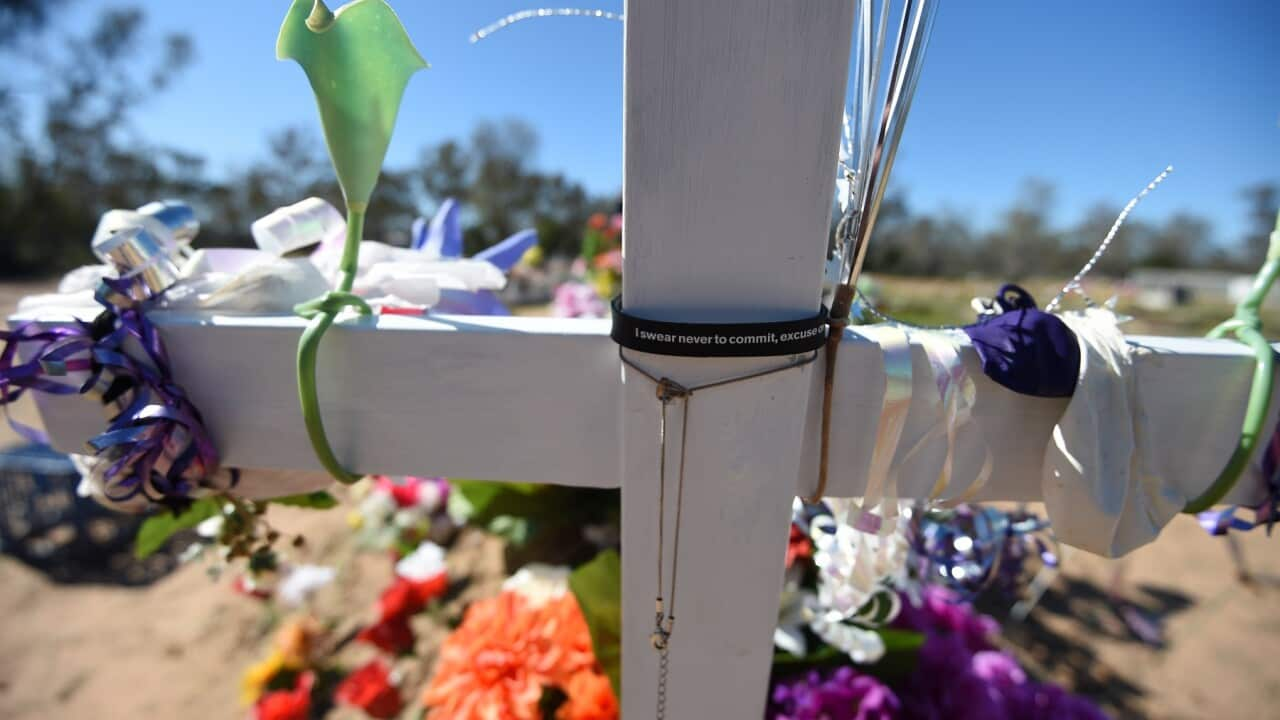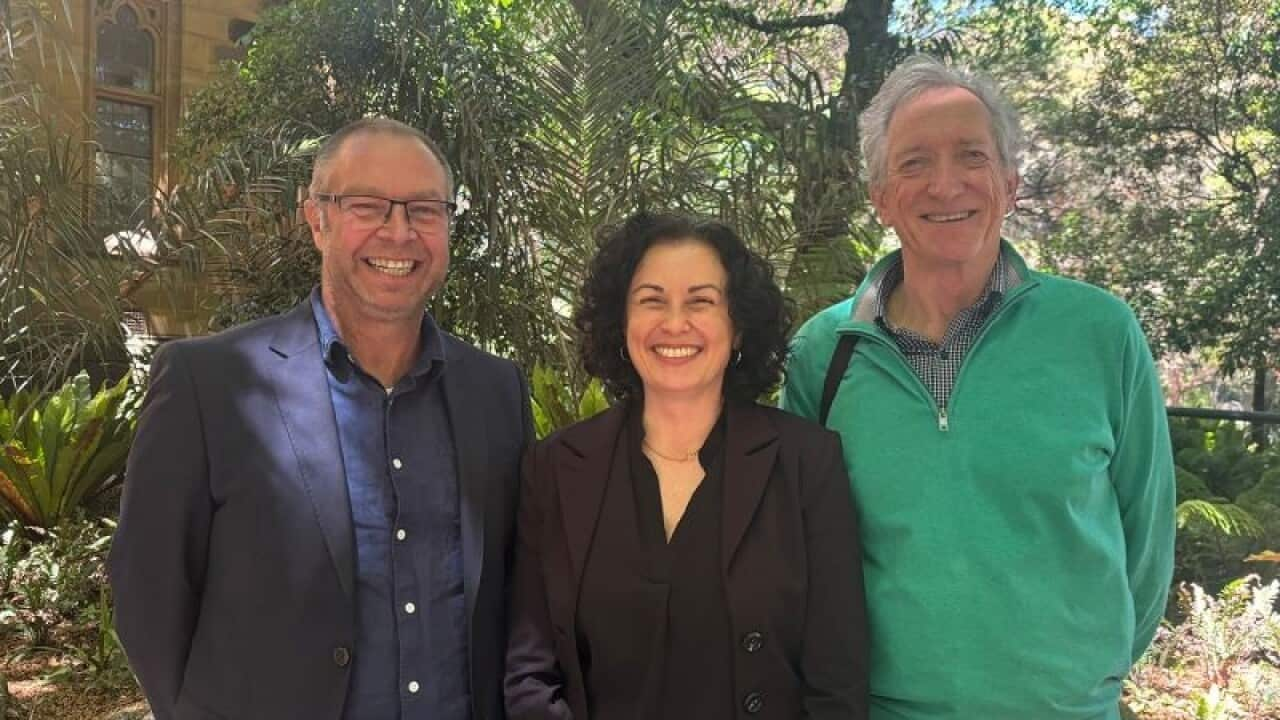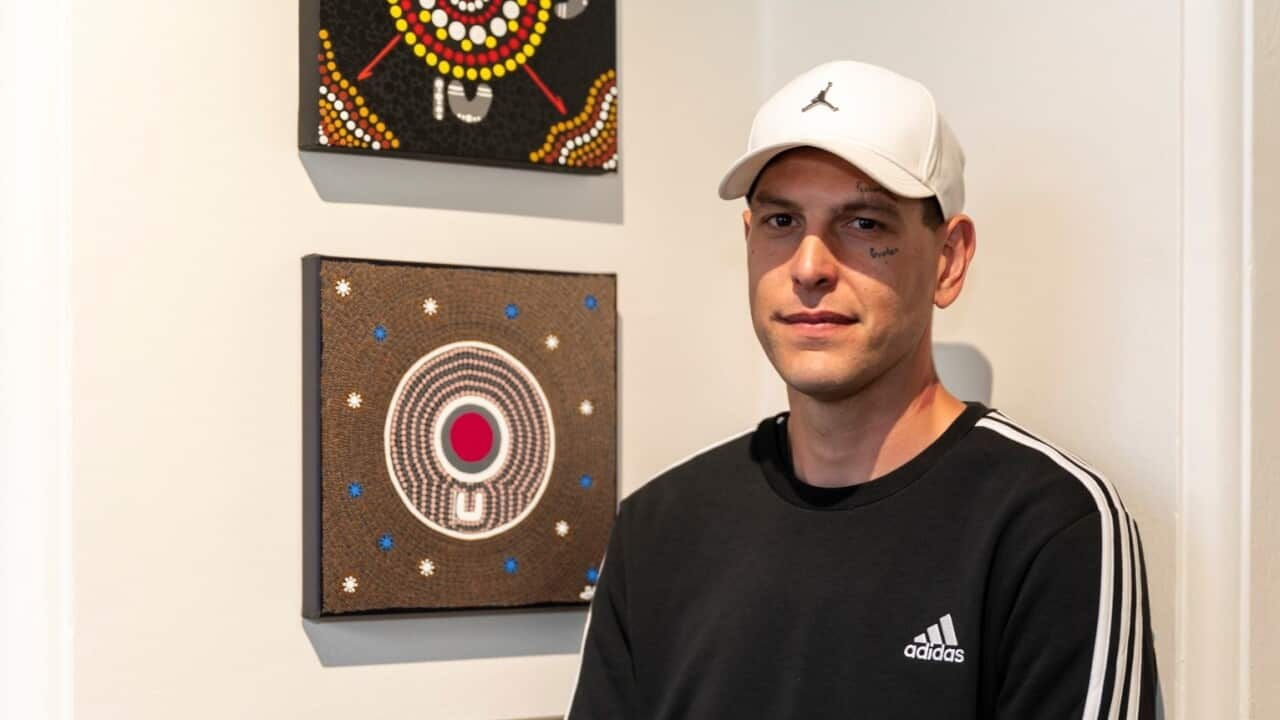TRANSCRIPT
Living in a house that could crumble around you, where every storm is a potential disaster and the place you call home becomes the greatest threat to your health and safety.
That is the reality of many Aboriginal families in remote parts of Western Australia.
Many Aboriginal communities in public housing are battling living conditions that many may find unimaginable.
A class action has been filed against the Housing Authority and the state of Western Australia, accusing them of taking advantage of Indigenous renters by charging them high rent for poor quality properties.
The suit claims the state and Housing Authority has failed to maintain, repair and improve their properties, or to provide housing that is secure, comfortable and safe.
The class action's Principal Lawyer Gemma Leigh-Dodds claims the houses are in unliveable conditions.
”Holes in roofs, like I'm talking a hole through to the sky above. I'm talking about significant leaks, pervasive mould, pest infestations. These are the kinds of things that tenants in remote communities are putting up with. And not only are they putting up with it, they're paying rent for the privilege. And that's what the case is about. When you pay rent as a tenant, you're not just loaning a roof over your head. You are investing in the ability to live in a secure and safe home.”
Almost 200 public housing properties in several remote communities across the state were surveyed earlier this year as part of the law firm’s investigation into the case.
Viviennne Gordon, a resident and leader of one of the affected communities, Bayulu, says the situation requires urgent action.
"We’re not being treated fairly. We have a right on communities to make sure that housing is done correctly. We work in well with our mob here to make sure that the tenants are doing the right things as tenants in our community. So, we want to make sure that housing does the right thing by us through their process and procedures. It gets quite frustrating, especially with the elderly tenants where the wait time's a bit longer to get things fixed in their houses."
Junjuwa father Eric Bedford says Aboriginal people deserve better.
"I would say to the government, it's not how you start the race, it’s how you finish. If you can start to look after us, then maybe Aboriginal people will change their views on the way they view the government. Stop putting us last in line, maybe give us a fair crack at our own."
The class action, filed in the Federal Court, accuses the Housing Authority and the State of Western Australia, as landlords of public housing in remote Aboriginal communities, of violating several residential tenancy, contract, and consumer protection laws between July 1, 2010, and August 19, 2024.
Tenants are asking through the class action for urgent repairs on neglected homes, financial compensation for overpaid rent, out-of-pocket expenses, and the distress caused by living in substandard conditions.
Ms Leigh-Dodds says the outcome of this legal battle could change the lives of thousands across the state.
"Properties have been rented without basic amenities. I’m talking the ability to go and fill up a glass of water from a tap. Many tenants don't have safe drinking water that are being supplied to their houses, as well as lacking any appropriate sewage, lacking reliable electricity. In addition, many houses have significant repair issues that can't be put down to tenant liability problems. These are clearly landlord responsibilities."
Ms Gordon says the government must step up.
”We really need the help from the government to set up a good system in place, whether it’s reporting, maintenance and other issues with housing. I think that’s the best way to go is going through with this class action and hopefully seeing better results at the end of the day.”
Mr Bedford says Aboriginal people deserve better.
”Actually, get up here and start doing something. Don't just leave us remote and think we're going to stay remote because as Aboriginal people, I think we all see that we've got to be educated and I think we need to hold the government accountable. The government haven't even come here. I never seen one minister or anything here in the whole time. I'm born and raised here, you know, but yet they never seen Fitzroy that they can make changes or whatever they want to do down there, I believe. How can you make change when you never even been there?”













